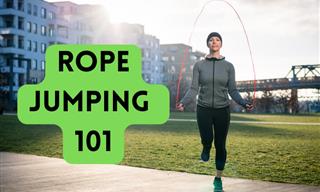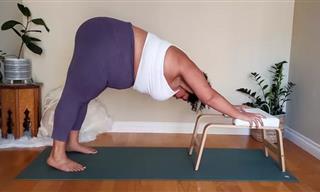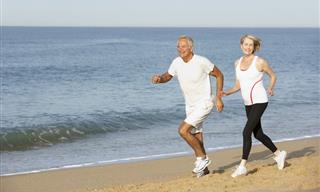Social media influencers have huge platforms, with some of them having millions of followers, i.e. people who rely on their advice, be it in nutrition, weight loss, beauty tips or anything else. Paradoxically, many of these bloggers reach more people than many dietitians and other qualified professionals. A new shocking study found that social media influencers who specialize in nutrition and weight loss give bad nutrition advice 90% of the time. Many people weren’t surprised by the disheartening results, as most of these so-called food bloggers are not qualified to give out nutrition advice and share their opinions based on personal experience only. Read more on the study and the phenomenon below.
The Research
Researchers at the University of Glasgow warn the public not to follow social media influencers’ weight loss advice. The study was presented at the Congress of the European Association For the Study of Obesity, and the initial goal of the study was not to criticize food bloggers but to simply evaluate how social media influencers educate their followers.
The study looked at the top 9 most popular active weight loss gurus in the UK, all of which had over 80.000 followers on at least one social media platform. The researchers assessed the content of their blogs between May and June 2018, and scored the credibility and quality of the information they found across 12 criteria.
More specifically, the authors of the study analyzed the nutrition value of the recipes, as well as the credibility, transparency, and truthfulness of their advice. The results were even worse than they expected. Of all the blogs they analyzed, only 1 was accurate and based on European dietary standards and passed the 70% credibility benchmark set out by the study.
The rest either represented their opinions as facts, failed to mention scientific evidence to back their claims, lacked important disclaimers or included meal plans that didn’t meet nutritional criteria. Although the study didn’t reveal the authors of the blogs they analyzed, they pointed out that the only blogger that passed their criteria was, in fact, a certified nutritionist, while the rest, one of whom was a doctor, had no background in dietary science.
The study concludes that at the moment, the weight loss advice food bloggers provide may pose a danger to the public, and points out the necessity of regulation and systematic evaluation of such blogs.
How to evaluate weight loss blogs

The data summarized above shows that social media influencers are, for the most part, not a trustworthy and credible source for weight loss management. Often, they rely on their own experience only, which cannot be applicable to others, even if you’re in the same age and demographic group as they are.
To put it simply, the results a specific social media celebrity gets from a certain diet or lifestyle they advertise will not give you the same results and are likely to harm your health. Here are some of the warning signs of an unreliable food blogger:
1. They suggest you follow a specific meal plan solely based on their own experience.
2. They never refer to nutritional standards/actual research to back their claims.
3. They don’t give any disclaimers and advice as to who might and might not benefit from a specific meal plan/food, etc.
4. They advertise a lot of weight loss products, especially without disclosing any sponsorships.
5. They lack any formal training in nutrition.
In summary, beware of the dangers of social media when it comes to your health and nutrition, and know how to distinguish evidence-based quality content from misinformation and speculation.
 Go to BabaMail
Go to BabaMail


























